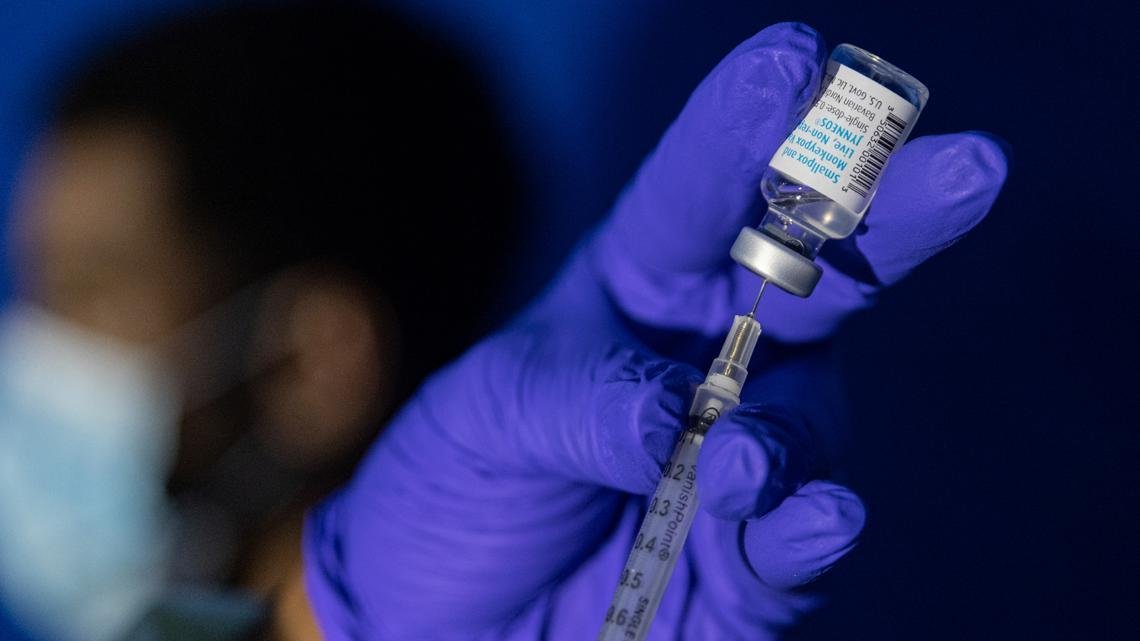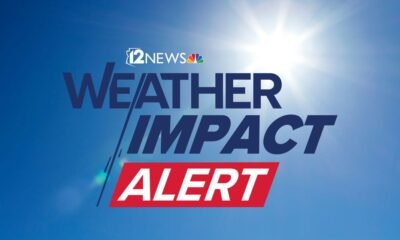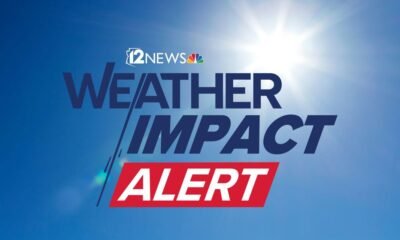cct-tracking
A Global Health Alert: Unpacking Mpox Outbreaks and the WHO’s Response

Scientists are expressing grave concern about the emergence of a new variant of mpox in Congo, which appears to be more easily transmitted among humans. This development prompted the World Health Organization (WHO) to declare a global health emergency on Wednesday, highlighting the risk of the virus spreading beyond Africa.
The announcement from WHO Director-General Tedros Adhanom Ghebreyesus followed emergency committee discussions, as the Africa Centers for Disease Control and Prevention (CDC) had already declared mpox a public health emergency just a day earlier. With over 14,000 reported cases and 524 deaths in Africa this year alone, these figures have already surpassed those from the previous year.
Alarmingly, more than 96% of all cases and fatalities are concentrated in Congo, where scientists are particularly worried about a new variant, reported to have a mortality rate of up to 10%. This variant presents with milder symptoms and lesions that appear in genital areas, making it harder to detect and increasing the risk of unintentional transmission.
Mpox, previously known as monkeypox, was first identified in 1958 during outbreaks in monkeys. Historically, the virus was confined mostly to central and West Africa, where human cases occurred primarily through contact with infected animals. However, in 2022, mpox made a global impact as a sexually transmissible virus, leading to outbreaks in over 70 countries.
The renaming of monkeypox to mpox in late 2022 was intended to eliminate any stigma associated with the disease, as the original name prompted concerns of racism and discrimination. Even though WHO has traditionally named diseases shortly after their emergence, this marks a unique effort to rebrand an older disease, reflecting sensitivity to language that could foster prejudice.
The current surge in cases has raised significant alarm. Last week, the Africa CDC reported mpox detection in at least 13 African nations, with cases up 160% compared to last year, and deaths increasing by 19%. The new Congolese variant has raised particular fears, as it has been linked to recent outbreaks in four East African countries: Burundi, Kenya, Rwanda, and Uganda.
WHO’s declaration aims to galvanize support from donor agencies and nations. The Africa CDC’s Director-General Dr. Jean Kaseya emphasized the need for urgent action, stating that the escalating situation in Africa has largely gone unnoticed. Experts agree that the current control measures are inadequate, underscoring the necessity for increased resources to combat the outbreak effectively.
Observations from the ongoing situation indicate that while gay and bisexual men constituted the majority of cases in the 2022 outbreak, the landscape has shifted significantly in Africa. Now, children under 15 represent over 70% of mpox cases and 85% of deaths in Congo. This demographic shift presents new challenges for health officials attempting to tailor an effective response.
In contrast to previous global efforts, where vaccines and treatments were employed predominantly in wealthier countries, Africa faces severe shortages of both. Experts advocate for a robust immunization campaign targeting high-risk populations, including children and vulnerable adults residing in affected areas.
Congo’s government has initiated discussions with potential donors regarding vaccine support, receiving some aid from the U.S. and the UK. WHO has responded by allocating $1.45 million from its emergency fund to aid in Africa’s mpox response but has called for an additional $15 million to enhance these efforts effectively.

















